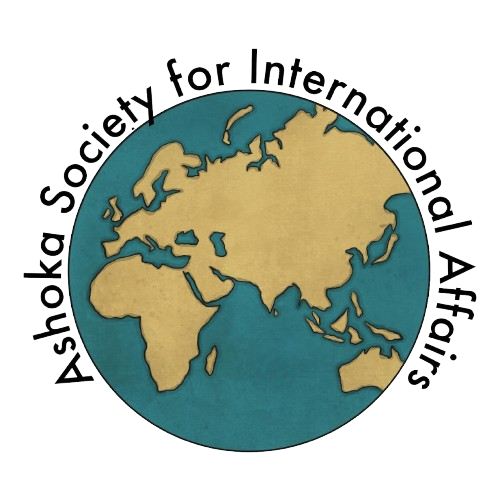From the moon landing to the search for life on Martian soil, in public discourse, space is often considered a place for scientific and curiosity-driven discovery. However, since the Cold War, the space age has been driven by geopolitical tension and conflict, a proving ground for nationalist superiority. Though not an object of mainstream discussion, space has been laterally viewed as a security frontier. This is amply clear via the nuclear reduction treaties between the US and the USSR, which included sections about national technical means, including intelligence gathering satellites[1]. Additionally, in 1976, an Outer Space Treaty was signed by the major players such as the US, the UK, and the USSR as well 127 others. This treaty aimed to establish space as peaceful territory, banning weapons of mass destruction and establishing it as a region independent of all sovereign authority. Over time, space has increasingly been viewed as an important frontier. The USA termed space a “warfighting domain” in a report published in August of 2021 by the Congressional Research Service, wary of China’s rapid ascent in space technology development. This change in conception is inconsistent with the earlier perception, with other countries also falling into the trend of militarization with Russia’s recent test of an advanced anti-satellite (ASAT) weapons system, raising alarms in the White House. In an increasingly digital age with the advent of technology like AI, the dependence on satellites for important military functions such as advanced reconnaissance for war strategy, warning systems, and war communication, is increasing. It is also a requirement for the normal function of civilian life with applications such as GPS and weather forecasts.
Despite the changing tensions between the countries, cooperation remains a vital part of space exploration. A prime example of this is the International Space Station, funded jointly by the US, Russia, the European Union, Japan, and Canada. It is used as a platform to conduct joint research and development in contrast to the lack of diplomatic cooperation between the countries in other aspects of the space race, establishing space as a shared domain, not a battleground. Space acts as a delayed indicator of the geopolitical and diplomatic relationship between countries on Earth. Cooperation in space often occurs during periods of political stability, while alliances break during periods of conflict. Due to the Russia- Ukraine conflict, the Russian space agency, Roscosmos, announced that they would be building an independent space station and withdrawing from the ISS program. Similarly, due to the exclusion of China from the ISS program, they created the Tiangong space station, representing an alternative power entity in geopolitics.
However, as space exploration continues, the question of the right to resource extraction has turned into a concern. Astral bodies such as the Moon, planetary bodies, and asteroids are rich with resources that are scarce on earth, like earth metals. These materials are key components of technological manufacturing. The problem arises as access to these resources is governed by underdeveloped or no legal and political frameworks, leading to ambiguity in terms of conflict resolution among nations who wish to colonize these areas to control resource production.
Of late, a new player has entered this sector, further complicating the ecosystem. Privatisation of the new age space race leads to serious questions as these companies have divergent interests from all nations, a responsibility only towards their shareholders and bottom lines. Companies like SpaceX, Blue Origin, Firefly Aerospace, and Intuitive Machines are leading the charge into previously unexplored frontiers with far more funding than government entities. These companies pose serious security threats when they develop dual-use technologies with potential military applications available for civilian use. Their commercialisation of space has made it accessible in turn increasing the potential for space congestion, space debris, and cybersecurity threats.
Viewing space as a military frontier raises important questions for lawmakers to consider regarding the regulation of technology, the question of ownership of extraterrestrial landmasses, corporate accountability in matters of national security, and mitigation of space debris with the revision of existing treaties and agreements.
